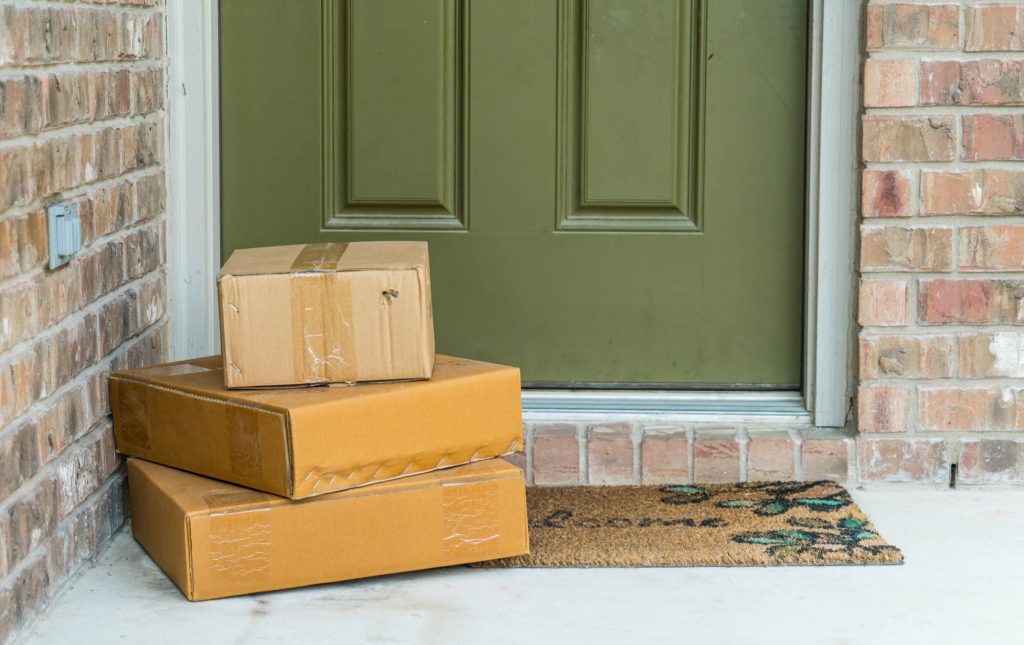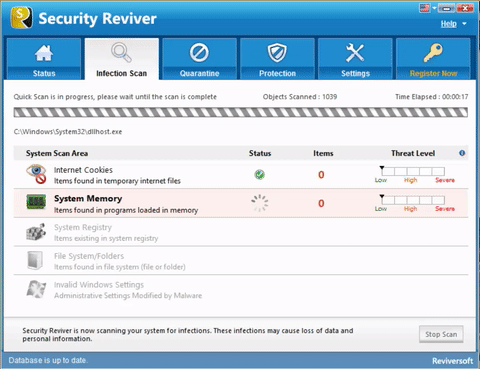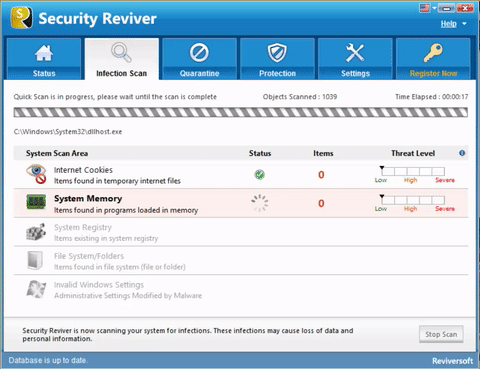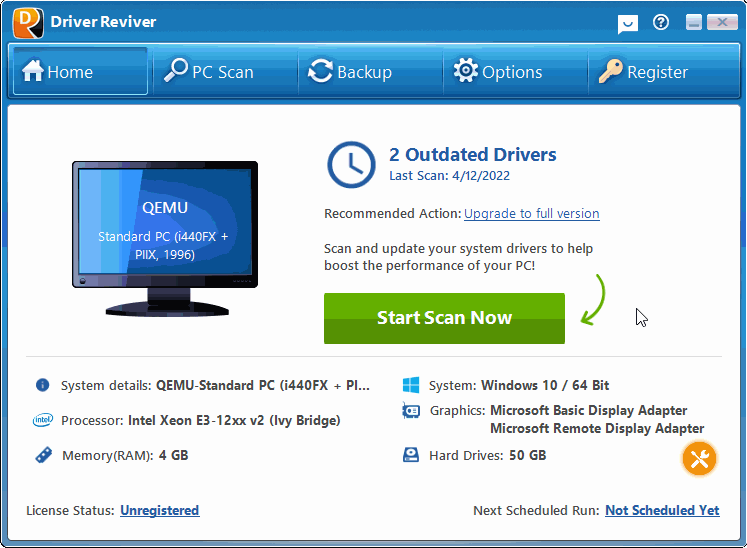
Beware of getting packages you didn’t order: You may be part of a scam called “brushing.” And it’s impossible to prevent.
It’s not the worst scam in the world. At best, you get free items (although they may be useless and arrive frequently). But it could be a sign that your account information has been compromised.
What is brushing?
Brushing is a new online retail scam where retailers (usually on sites like Amazon) attempt to game the system and falsify positive reviews. The process goes like this:
The seller creates a fake buyer account and purchases one of their own products, and saves the order number. They ship the product to a random address, like yours. Then, using the order number, the seller (posing as the fake buyer) posts a positive review about their own product.
Positive reviews are important for online retailers—so important that they’ll give up free merchandise in exchange.
Don’t worry, you won’t be obligated to write a review. The retailer will be taking care of that for you.
Why is brushing bad?
Let’s be honest. Receiving free stuff sounds kind of nice.
Unfortunately, brushing scams have real consequences, even if they’re not affecting your bank account:
- Some affected customers report getting multiple packages a week, sometimes daily.
- Fake reviews make it easier for scammers to trick you into buying their products.
- Receiving unordered packages may be a sign your account was compromised.
And unfortunately, there’s not that much you can do to fix it.
What should I do if I get “brushed”?
First, check your account to verify you didn’t forget about an order. We’re all shopping online more frequently these days. Brushing scammers may take advantage of that, and hope you don’t even notice you received items you didn’t purchase.
If you definitely didn’t order the delivery, you should take two steps immediately:
- Contact the retail website immediately and let them know.
- Change your online shopping password (which you should do occasionally anyway.)
Sites like Amazon and Alibaba are aware of brushing scams, and will investigate the issue, they may even offer a coupon code from companies like
https://www.raise.com/coupons/amazon to makeup for the inconvenience. And according to the Federal Trade Commission, you’re entitled to keep any brushing scam “gifts” you receive.
However, you should still update your passwords, in case the retailer got your address by hacking into your account.





